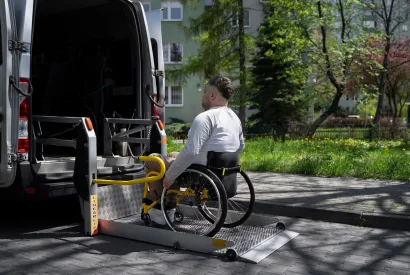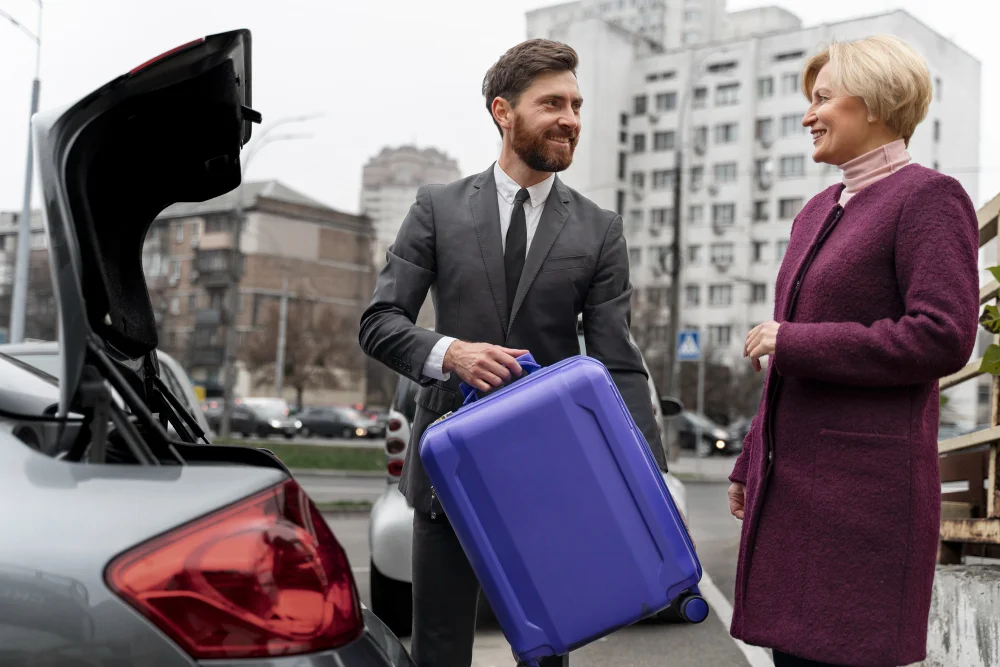Chauffeured Services Vs Regular Transfers: Which Offers More Safety?
When it comes to ground travel, this is the question on all travellers' minds: Is a London chauffeur service really safer than a standard transfer? Safety counts if you’re going to a crucial meeting, getting home late at night or travelling with your family. In this piece, we compare the two options in terms of driver training, vehicle standards, booking transparency and incident response — to help you determine which puts the most minds at ease when you’re on the move.

















